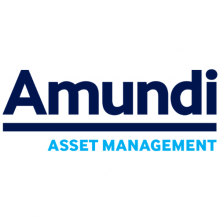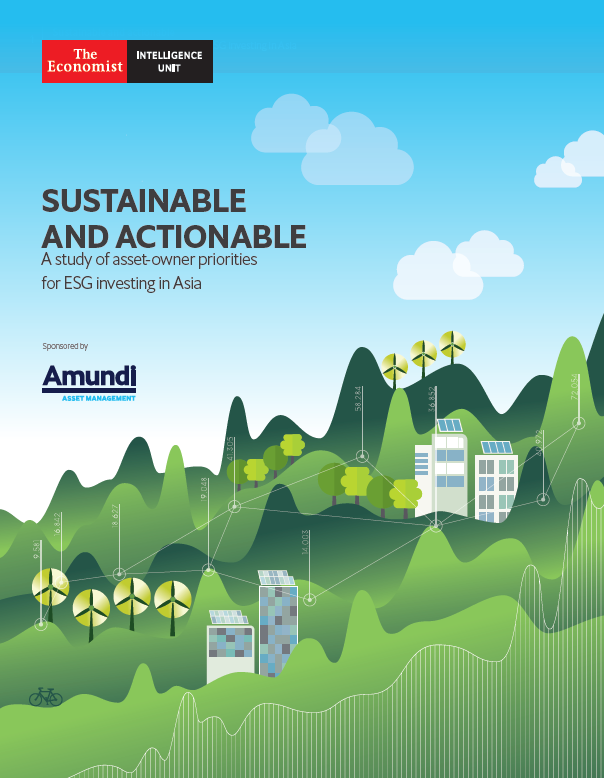The world’s top 100 asset owners (AOs) represent about US$19trn in assets under management. The largest, and potentially most influential, proportion is in Asia—more than a third of the total. Out of the top 20 largest funds, three out of the first five and nearly half of the total are in Asia.
The Economist Intelligence Unit carried out interviews with some of Asia’s largest asset owner firms, development banks, sustainable investment organisations and influential industry advocates to determine how they saw the growth of environmental, social and governance (ESG) investing in Asia, as well as the AO role in it. In parallel, we review the latest research on ESG investing in the region to give an overview of sustainable investing in Asia. The main findings include:
- There has been a significant change in the awareness, uptake and impact of ESG in Asia over the past three to five years.
- AOs are motivated by an increasing recognition that their investment decisions have material consequences for their environment and the lives of their beneficiaries.
- In terms of financial return, “governance” seems to be the most important ESG factor for most AOs, given its demonstrable link to optimising risk-adjusted returns.
- As in other regions, ESG investing began with a negative screening approach.
- While progress is accelerating, challenges remain.






